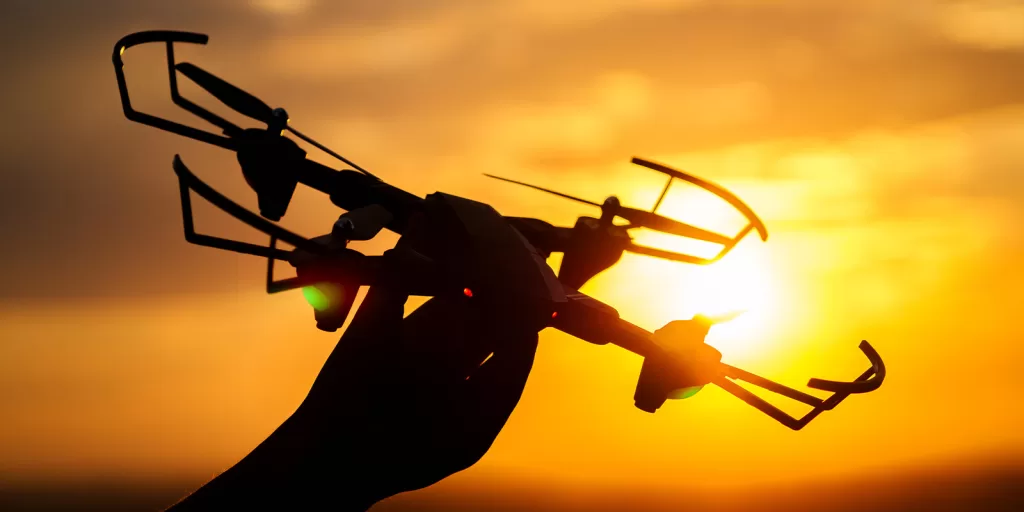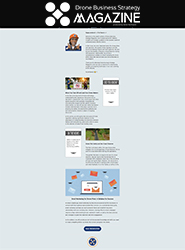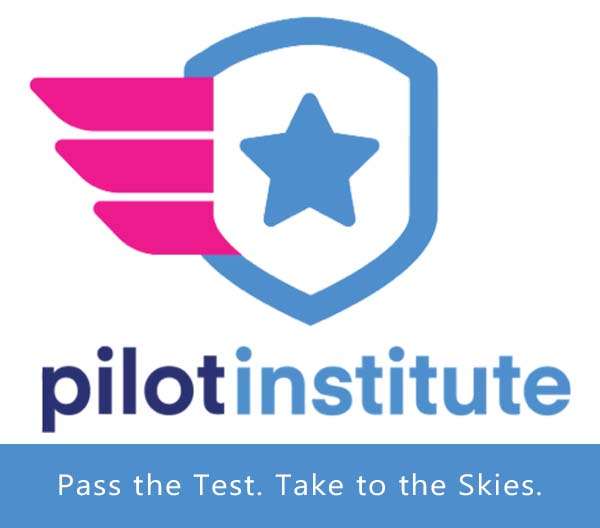
The rise of commercial drones has opened up exciting opportunities for aspiring entrepreneurs to venture into the world of aerial services. However, starting and operating a profitable drone service business comes with its own set of challenges and potential pitfalls. To ensure success in this dynamic industry, commercial drone pilots must be mindful of several key factors.
In this article, we’ll explore the “7” common pitfalls that drone operators should avoid to achieve sustainable growth and profitability.
PITFALL 1 | Neglecting Proper Training and Certification
One of the most significant mistakes that drone operators can make is neglecting proper training and certification. Operating a commercial drone requires a thorough understanding of aviation regulations, safety protocols, and flight skills. Failing to acquire the necessary certifications may lead to legal consequences, accidents, and damaged client relationships. Invest in reputable training programs and certification to lay a solid foundation for your business.
Drone pilots should seek training from accredited institutions or certified trainers. This training should cover essential topics such as flight procedures, emergency response, airspace regulations, and privacy laws. It is crucial to stay updated on any changes in regulations to ensure compliance and responsible operation.
PITFALL 2 | Ignoring Insurance Coverage
Accidents happen, even to the most skilled drone pilots. Neglecting insurance coverage for your drone service business can be financially devastating. Whether it’s property damage, personal injury, or equipment malfunction, having adequate insurance protection is crucial for safeguarding your assets and reputation. Be sure to explore different insurance options tailored to the unique risks associated with operating drones commercially.
Comprehensive insurance coverage should include liability insurance, drone hull insurance, and general liability insurance. Different types of drone services may require specific coverage options, so consult with insurance experts who specialize in drone operations to identify the most suitable policies for your business.
PITFALL 3 | Overlooking Pre-Flight Planning and Risk Assessment
Thorough pre-flight planning and risk assessment are essential for the safety and success of your operations. Failure to properly plan a mission can result in equipment loss, violation of airspace regulations, and potential harm to people and property. Always assess the weather conditions, airspace restrictions, and other potential hazards before launching any drone mission. A well-executed pre-flight checklist will reduce the likelihood of accidents and enhance your service’s overall efficiency.
Effective pre-flight planning involves creating a detailed flight plan, conducting risk assessments, and considering potential emergency scenarios. Utilize technology tools such as airspace mapping applications and weather forecasting services to enhance your planning process.
PITFALL 4 | Underestimating Maintenance and Equipment Costs
Owning and operating commercial drones require ongoing maintenance and occasional equipment upgrades. Underestimating these costs can eat into your profit margins and lead to unexpected financial burdens. Develop a comprehensive budget that includes regular maintenance and accounts for equipment replacement as needed. This proactive approach will help you sustain your drone service business in the long run.
Create a maintenance schedule for your drones and stick to it diligently. Regularly inspecting and servicing your equipment can prevent breakdowns during critical operations and extend the lifespan of your drones. Additionally, set aside a portion of your earnings as a reserve fund for future equipment upgrades and repairs.
PITFALL 5 | Neglecting Marketing and Client Relationships
In any business, marketing and building strong client relationships are vital for sustainable growth. Relying solely on word-of-mouth or passive marketing strategies can limit your business’s reach and potential clientele. Embrace digital marketing channels, social media platforms, and professional networks to showcase your services and connect with potential customers. Furthermore, prioritize excellent customer service to retain clients and secure repeat business.
Develop a compelling online presence through a well-designed website, engaging social media content, and informative blog posts related to drone services. Networking with other professionals in related industries, such as real estate agents, surveyors, or filmmakers, can also lead to valuable partnerships and referral opportunities.
PITFALL 6 | Disregarding Legal and Regulatory Compliance
Staying compliant with local, state, and federal regulations is crucial for any commercial drone operator. Ignorance of the law is not an excuse and can lead to severe penalties or the suspension of your business operations. Familiarize yourself with airspace regulations, privacy laws, and any other legal requirements specific to your region. Regularly update your knowledge as regulations may change over time.
Maintain a robust record-keeping system to document all necessary permits, licenses, and flight logs. Periodically review your compliance procedures and seek legal advice if you’re uncertain about any aspect of drone-related regulations. Staying ahead of the legal landscape will instill confidence in your clients and contribute to the professionalism of your drone service business.
PITFALL 7 | Neglecting Data Security
In the pursuit of profitability and operational efficiency, neglecting data security can lead to significant risks for commercial drone service operators. Drones are equipped with advanced sensors and cameras that capture sensitive information during flights. This data may include client information, proprietary data, or footage of private properties.
Failure to implement robust data security measures can result in data breaches, leading to legal liabilities, damage to reputation, and loss of trust from clients. To avoid this pitfall, drone operators must prioritize data protection by using encrypted storage, secure data transfer protocols, and access controls. Regularly updating software and firmware is also essential to safeguard against vulnerabilities and potential cyber threats. By taking proactive steps to protect sensitive data, drone operators can ensure the long-term viability and trustworthiness of their businesses.
Conclusion: The Takeaway
Operating a profitable commercial drone service business can be an exciting and rewarding venture. However, it requires a diligent and proactive approach to avoid common pitfalls that can hinder success. By prioritizing training, safety, insurance coverage, maintenance, marketing, and legal compliance, you’ll be well-prepared to navigate the skies and establish a thriving drone service business that stands out in this competitive industry.
Remember, dedication to professionalism and continuous improvement will set you apart and propel your drone business to new heights.
Be smart, safe, and forever fly!
If you have any questions, let us know! If you’d like to hire us, you can get more information here.
Written by: Tony Marino, MBA – FAA Certified Part 107 Commercial Drone Pilot and Chief Business Strategist at Aerial Northwest
Resources
- Drones (FAA): https://www.faa.gov/uas
- AUVSI
- Drone Advocacy Alliance
Disclaimer: The information provided in this blog post is for general informational purposes only and should not be construed as legal advice.

DRONE BUSINESS STRATEGY MAGAZINE
A free digital publication made exclusively for all small business drone pilots to them help start-up, become profitable while sustaining a competitive advantage within the drone service industry sector they opt to serve.
“If you love to fly, we’d love to have you come aboard!”
We share your information with no one. Our Privacy Policy.









Leave a Reply
Your email is always safe with us.